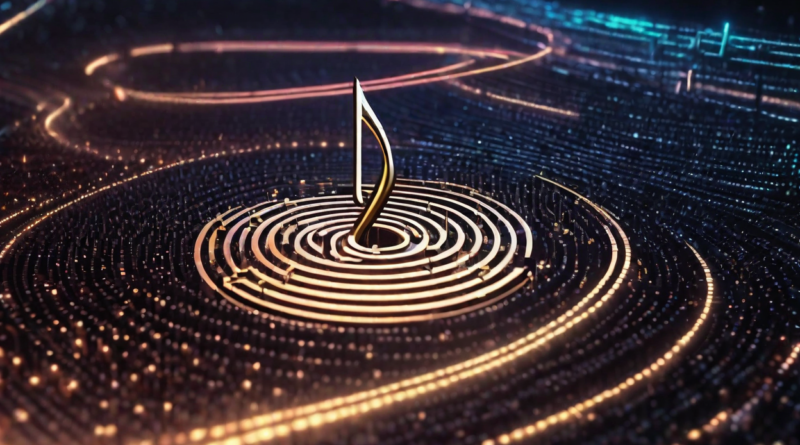Navigating the Intersection of Classical Music and AI
In the ever-evolving landscape of classical music, the fusion of tradition and technological innovation is reshaping how we experience this timeless art form. The introduction of Artificial Intelligence (AI) into the classical music domain brings a myriad of possibilities and challenges, resonating not only within the halls of concert venues and studios but also within the fabric of musical creation.
Imagine a future where compositions might need to bear a distinctive label, indicating whether they were "Human Made" or "AI Made." This hypothetical scenario highlights the pressing need to discuss the evolving role of AI in the creative process. As we explore the nuanced interplay between tradition and innovation, it is crucial to evaluate the real-world implications of AI on classical music, weighing its advantages and drawbacks.
Potential Pros
Pushing Boundaries in Composition:
AI algorithms open doors to new possibilities in composition by analyzing vast musical datasets, inspiring composers to venture into unexplored territories and expand the classical repertoire.
Collaborative Tools for Composers:
Composers now have AI as a collaborator, assisting in the creative process by suggesting harmonies, generating musical ideas, and aiding in orchestration. This collaborative approach introduces efficiency and innovation to the compositional journey.
Tailored Music Education and Practice:
AI contributes to personalized music education through learning platforms that tailor lessons to individual needs. These platforms offer targeted exercises, practice recommendations, and feedback, enhancing the learning experience for students and facilitating skill development.
Elevating Performances:
Musicians can leverage AI technologies to practice with virtual accompanists, experiment with interpretations, and refine their skills before live performances.
Potential Cons
Diminished Human Connection:
A key concern with AI in classical music is the potential loss of the human touch and emotional richness that defines the art form. Critics worry that AI, while adept at generating compositions, may struggle to capture the nuanced emotional expression brought forth by human musicians.
Overreliance on Algorithms:
There is a risk that an excessive reliance on AI could stifle creativity, leading to a homogenization of musical styles. Critics argue that if composers and performers depend on AI-generated content, classical music's diverse and individual character may be compromised.
Ethical Considerations:
The use of AI in classical music raises ethical questions, particularly concerning copyright, ownership, and the authenticity of artistic creation. Determining the boundaries between human authorship and AI assistance poses a complex challenge.
Access and Inclusivity Concerns:
While AI enhances music education, it may inadvertently exacerbate existing inequalities. Not all students may have equal access to AI-driven learning tools, potentially widening the gap between those with and without access to such technology.
Ultimately, as classical music contends with the integration of AI, a delicate balance between tradition and progress must be found. Embracing AI as a tool for exploration and inspiration while remaining mindful of its limitations can potentially lead to a promising coexistence in classical music.
The ongoing discourse around AI's role in this realm invites musicians and enthusiasts to navigate the interplay between human creativity and technological advancement, shaping the future of classical music with the nuance of tradition and progress.
